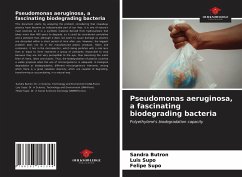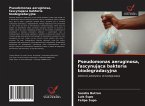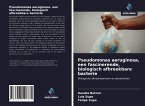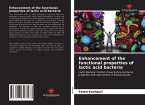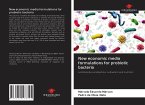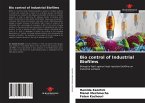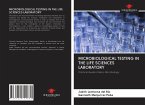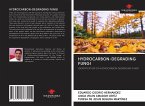This document starts by analyzing the problem considering that nowadays plastics have become an indispensable part of our lives. It is one of nature's main enemies as it is a synthetic material derived from hydrocarbons that takes more than 400 years to degrade, so it could be considered cumulative and a pollutant that, although it does not seem to cause damage as plastics are discarded within a short period of time after use. However, the biggest problem does not lie in the manufactured plastic products, fibers and containers, it lies in the microplastics, which being particles with a size less than or equal to 5mm represent a group of pollutants impossible to stop because they are not very perceptible to the eye, thus becoming the silent killer of rivers, lakes and oceans. Thus, the biodegradation of plastics could be a viable proposal when the use of microorganisms is adequate. In biological degradation or biodegradation, different microorganisms intervene, among which there is a great catabolic diversity, which are capable of degrading, transforming or accumulating, in a natural way.
Hinweis: Dieser Artikel kann nur an eine deutsche Lieferadresse ausgeliefert werden.
Hinweis: Dieser Artikel kann nur an eine deutsche Lieferadresse ausgeliefert werden.

